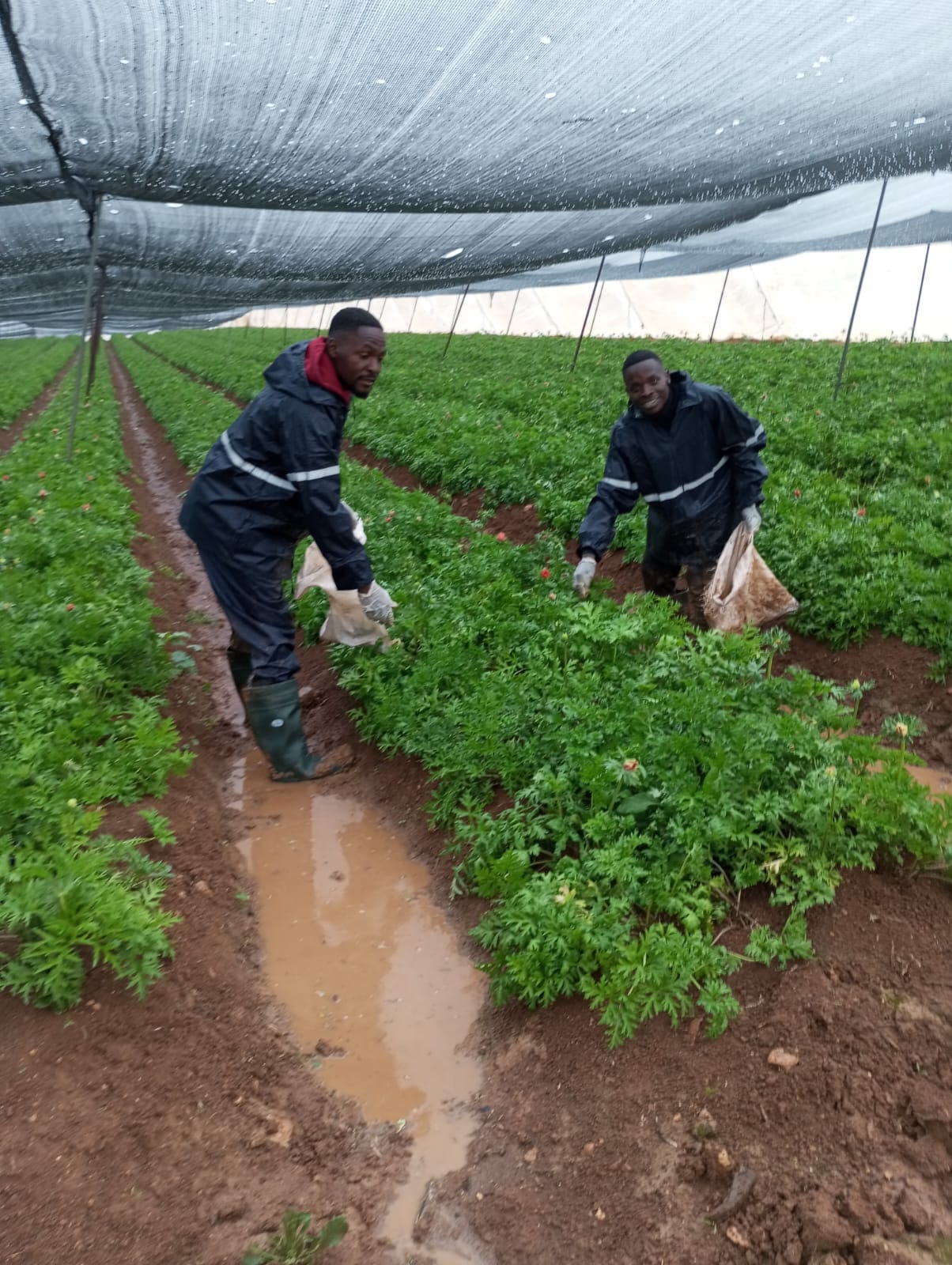Israel is headhunting Malawian workers
Israel needs its workers to stay in the army. But it also needs to keep its economy going. So it’s importing Malawians.

Last Saturday, 221 Malawians left to go work on farms in Israel. Under an undisclosed agreement, their government is planning on sending more and Israeli recruitment agents have been advertising for people aged 25 to 35. They will get paid $1,500 a month – a fortune in a country struggling with inflation and poor management of the economy.
One of that first cohort, 27-year-old Andrew Chunga, told The Continent: “It is very difficult to make money in Malawi.”
Talking from the Israeli village of Gefen, the former teacher with a diploma in agriculture said he used to earn $47 a month working in Mzimba in the north of his home country. He hopes to use the money to build “at least 10 houses” in Lilongwe.
Israel’s ambassador, Michael Lotem, told local media that the labour export deal is a win-win which Malawians ought to celebrate. “Malawians will be earning $1,500 a month and on top of this they will gain knowledge. I think the biggest incentive is knowledge. Money comes and money goes but knowledge stays.”
Noting that “it is a pity that there are a lot of political connotations on this in Malawi”, Lotem said: “We need this labour after 350,000 Israelis were recruited in the military and left a gap in some sectors.”
Critics of the recruitment drive have raised questions about the ethics of sending young people to a country at war. Opposition leader Kondwani Nankhumwa denounced the arrangement as “an evil transaction” by the government.
Leaders of civil society organisations, like the Human Rights Defenders Coalition and Centre for Social Accountability and Transparency, have demanded that the Malawian government release the agreement under which the recruitment drive is happening.
Malawi government spokesperson Moses Kunkuyu said the labour deal “is an understanding in principle but an MOU [memorandum of understanding] is being finalised.” His country is willing to send as many youths as Israel can allow them to, he added.
Kunkuyu said the Malawi government has been assured that the areas where the young people will be stationed are safe zones. “Anything can happen anywhere but we are assured that the same level of safety that is being accorded to Israelis will be accorded to Malawian citizens.”
More than 30,000 Thai nationals work in Israel’s agriculture sector as migrant workers. Thai nationals made up the largest group of foreign nationals killed or taken hostage in the 7 October attack by Hamas. Hamas has since warned foreign governments, through the negotiators who secured the release of Thai hostages, that it considers some of the kibbutz areas of collective farming to be disputed territory and will continue to attack them.
Israel’s ambassador Lotem said of the Malawian workers: “They are not going to Gaza. They will work in Israel. They will not be less secure than any other Israeli. We will take care of them as much as we are taking care of Israelis. Of course, we are cautious that we do not have to allow people into certain areas that are targeted by Hamas.”
Under President Lazarus Chakwera, a former Baptist preacher, Malawi has taken a decidedly pro-Israel stance. In 2021, Chakwera announced that Malawi would open a full embassy to Israel in Jerusalem, becoming the first African nation in decades to do so in the contested city. Most countries locate their embassies in Israel’s commercial capital of Tel Aviv, because while Israel regards all of Jerusalem as its capital city, Palestinians seek the city’s east as the seat for a future Palestine state.



